Summaries of books about Philosophy:
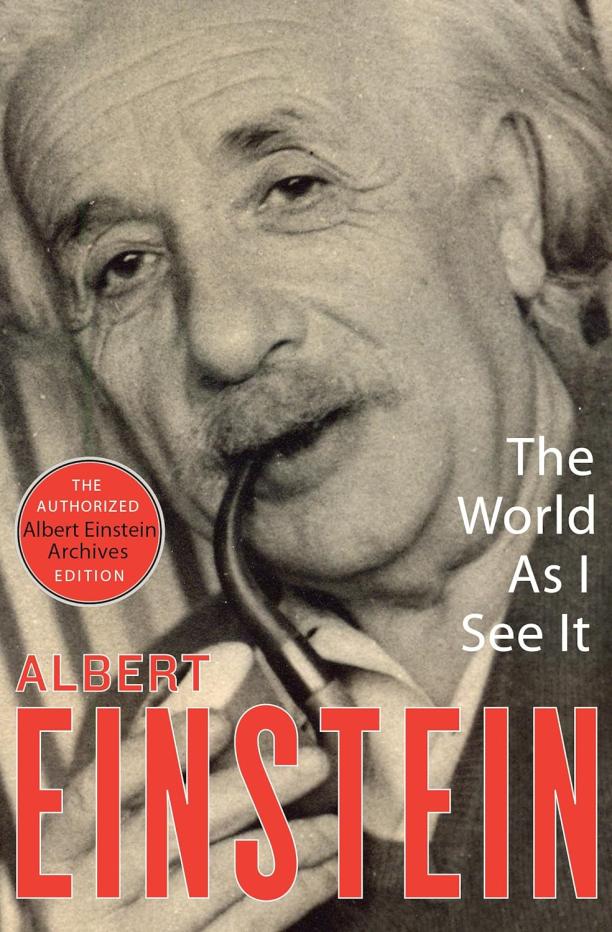
The World As I See It
Albert Einstein
The book is a collection of essays and letters that reveal the philosophical thoughts and humanitarian views of the renowned physicist on topics ranging from the nature of the universe to the perils of nuclear war and the importance of ethical responsibility. It provides insight into his beliefs on religion, politics, and the interconnectedness of humanity, showcasing his reflections on peace, education, and the pursuit of knowledge.
See full summary
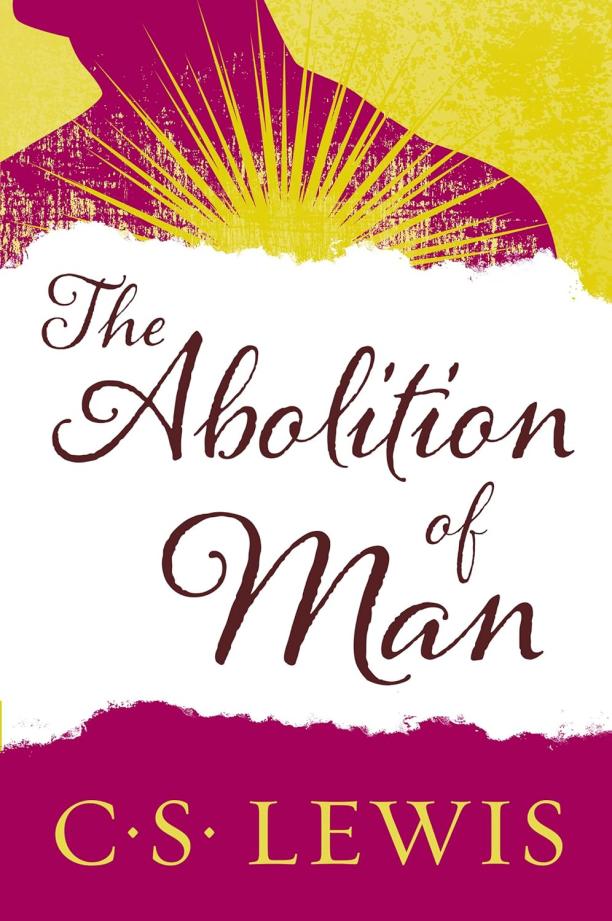
The Abolition of Man
C. S. Lewis
The work critiques the modern education system for dismissing traditional values and objective truth, arguing that such dismissal leads to the erosion of human morality and the very essence of what it means to be human. Lewis defends the existence of universal values, which he calls the Tao, and warns that abandoning these principles could result in the manipulation and dehumanization of mankind by those in power.
See full summary
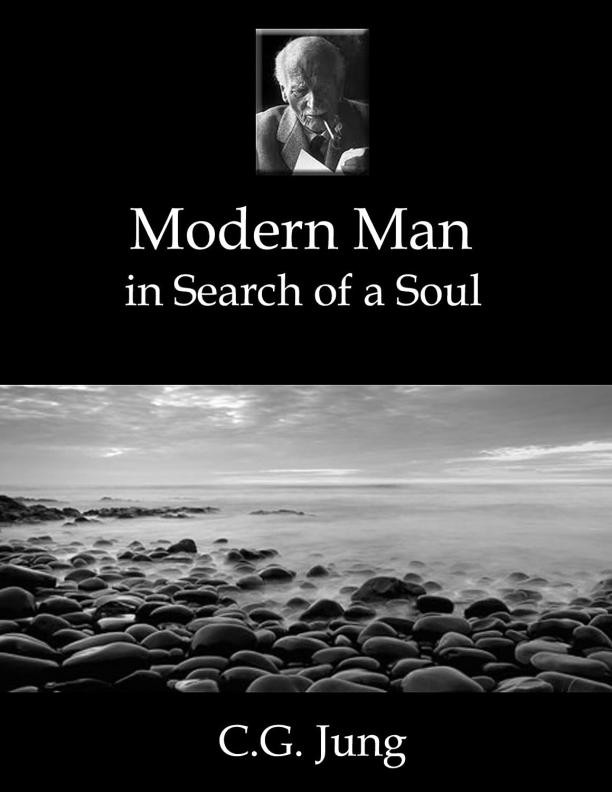
Modern Man in Search of a Soul
Carl Gustav Jung
The book is a comprehensive introduction to the theories of analytical psychology, exploring topics such as dream analysis, the role of the unconscious, and the relationship between psychology and religion. It also discusses the differences between Jung's concepts and Sigmund Freud's psychoanalysis, offering insights into the human psyche and the development of the individual.
See full summary
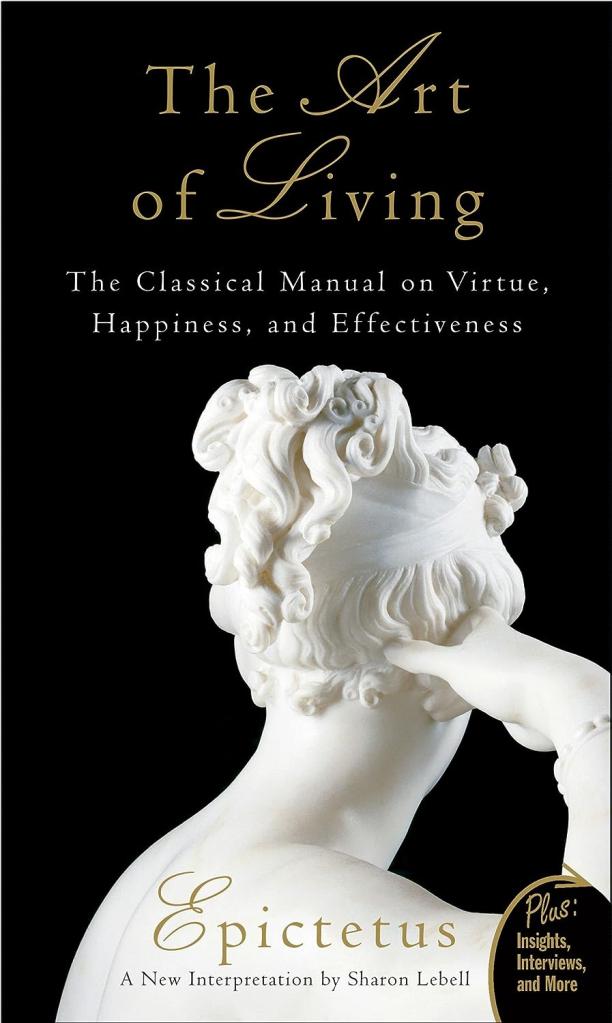
The Art of Living
The Classical Mannual on Virtue, Happiness, and Effectiveness
Epictetus|Sharon Lebell
The book presents a modern interpretation of Epictetus's Stoic philosophy, offering practical guidance on how to lead a life of integrity, personal satisfaction, and resilience. It distills ancient wisdom into accessible maxims and exercises on how to live virtuously and effectively in everyday life.
See full summary

Discourses and Selected Writings
Epictetus
The book is a compilation of teachings and philosophical thoughts by the Stoic philosopher Epictetus, focusing on ethics, personal freedom, and the art of living. It includes his Discourses, which are informal lectures, the Enchiridion, a concise manual on how Stoic philosophy can be applied to daily life, and fragments of his lost works.
See full summary
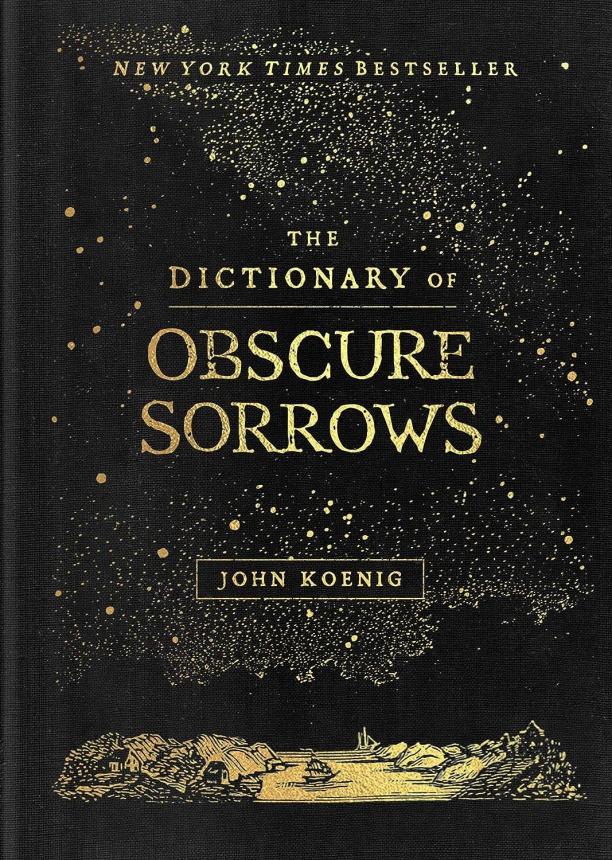
The Dictionary of Obscure Sorrows
John Koenig
The book is a collection of newly coined words that aim to fill gaps in the language, specifically to articulate emotions that we all might experience but don't yet have a succinct term for. Each entry is a combination of etymologically-informed neologism and a poetic explanation that resonates with the complex, often inexpressible feelings of the human experience.
See full summary

The Denial of Death
Ernest Becker
The book explores the concept of death anxiety, arguing that humans create cultural worldviews to manage the fear of mortality. It suggests that the pursuit of heroism and the creation of legacies are driven by the desire to achieve a symbolic form of immortality.
See full summary
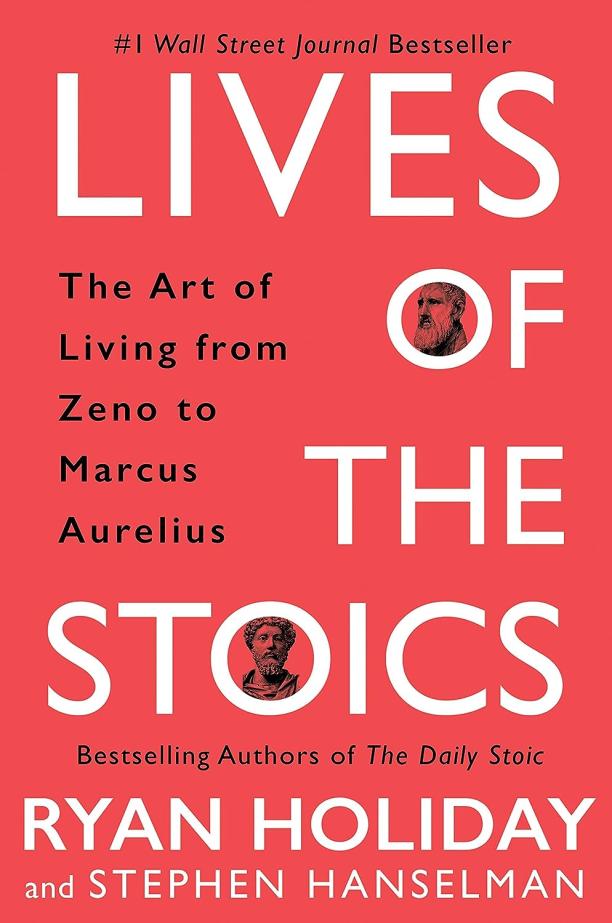
Lives of the Stoics
The Art of Living from Zeno to Marcus Aurelius
Ryan Holiday|Stephen Hanselman
The book presents a collection of biographies and philosophical teachings of notable Stoic philosophers, from the founding figures like Zeno of Citium to the Roman Emperor Marcus Aurelius. It explores their lives, the historical context of their work, and how their principles of wisdom, courage, justice, and temperance can be applied to modern life.
See full summary
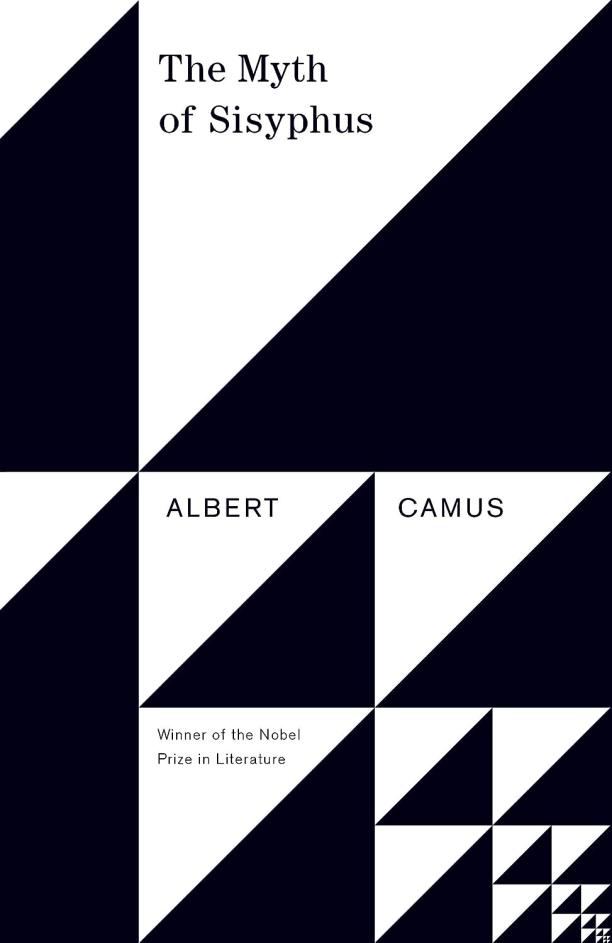
The Myth of Sisyphus
Albert Camus
The book presents an existentialist philosophy that explores the absurdity of human life and the notion that seeking meaning in a meaningless world is inherently contradictory. It uses the Greek myth of Sisyphus, condemned to eternally roll a boulder uphill only for it to roll down again, as a metaphor for the human condition and our pursuit of significance in the face of an indifferent universe.
See full summary
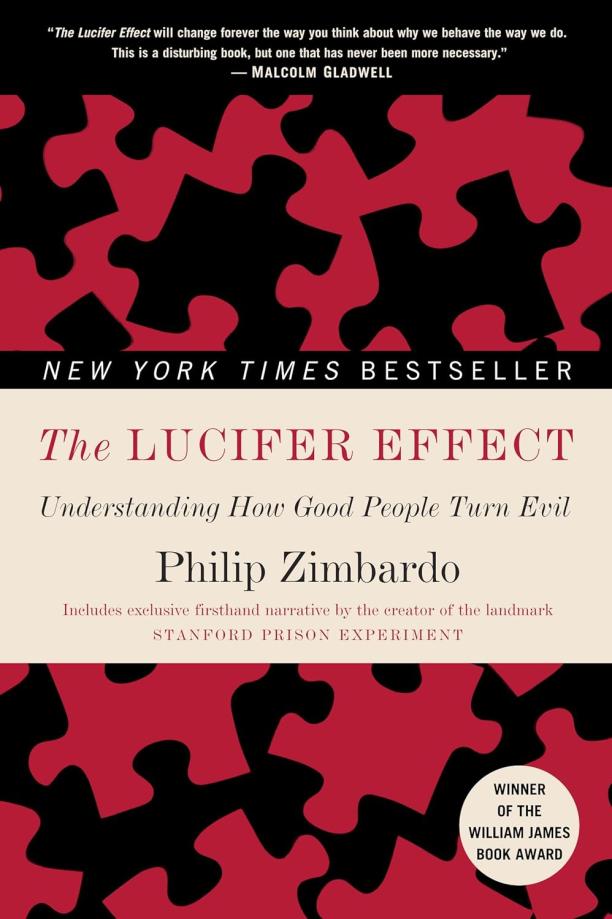
The Lucifer Effect
Understanding How Good People Turn Evil
Philip Zimbardo
The book examines the psychological mechanisms that can lead ordinary individuals to engage in reprehensible acts, using the infamous Stanford Prison Experiment as a case study. It explores the influence of situational variables and systemic structures on human behavior, challenging the notion that evil deeds are solely the result of personal pathology.
See full summary